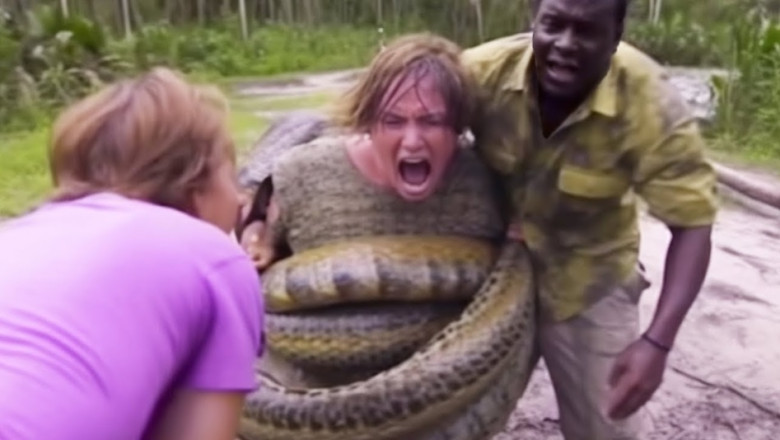
views
How to Avoid Snakebites: Tips from Naturalist Steve Thompson
Encountering a snake in the wild can be a daunting experience, but knowing how to respond can greatly reduce the risk of a bite. Steve Thompson, an assistant naturalist at Martin Park Nature Center, offers valuable advice on what to do if you come across a snake.
Stop in Your Tracks
Thompson's first piece of advice is simple yet effective: stop in your tracks. “Chances are, the snake will probably go the other way,” he explains. Snakes generally prefer to avoid humans and will often retreat if they sense you are not a threat. By stopping, you give the snake the opportunity to move away on its own.
Move Back Slowly
If the snake doesn't immediately leave, Thompson suggests backing up slowly or going around the snake. Quick movements can startle the snake and increase the likelihood of it feeling threatened and striking. By moving slowly, you reduce the risk of provoking the snake.
What to Do If Bitten
In the unfortunate event that you are bitten by a snake, Thompson stresses the importance of remembering as much detail as possible about the snake. Characteristics such as color, pattern, and size can help medical professionals identify the snake and determine the best course of treatment.
Avoid Catching the Snake
Thompson advises against trying to catch the snake for identification purposes. While it may seem helpful, this action poses a significant risk of further bites. Instead, focus on getting the bite victim to safety and providing detailed descriptions of the snake to medical personnel.
Keep the Victim Calm
One of the most critical steps after a snakebite is to keep the victim calm. Panic can cause the heart rate to increase, which can spread venom more quickly through the bloodstream. Reassure the victim and keep them as still as possible while seeking medical help.
Seek Immediate Medical Attention
Prompt medical attention is crucial after a snakebite. Even non-venomous bites can cause infections or allergic reactions. Get the victim to a doctor or hospital as quickly as possible, providing any information you have about the snake and the circumstances of the bite.
Understanding Snake Behavior
Understanding snake behavior can help prevent bites. Snakes are often found in areas with abundant food sources, such as rodents. Avoiding such areas, especially during warmer months when snakes are more active, can reduce the likelihood of encounters.
Be Vigilant Outdoors
When hiking or spending time in nature, stay vigilant and keep an eye on your surroundings. Snakes often blend into their environment, making them difficult to spot. Wearing long pants and boots can provide additional protection against snakebites.
Handling Snake Encounters at Home
If you see a snake in your yard or home, contact a professional wildlife removal service. Trying to handle the situation yourself can be dangerous, and professionals have the tools and expertise to remove the snake safely.
Importance of Education
Educating yourself and others about local snake species and their behaviors can be beneficial. Many people fear snakes due to misconceptions or a lack of knowledge. Understanding which snakes are venomous and recognizing their habitats and behaviors can help reduce unnecessary fear and promote safer interactions with wildlife.
Conclusion
Encounters with snakes don't have to be frightening if you know how to respond appropriately. By following Steve Thompson's advice—staying calm, moving slowly, avoiding unnecessary risks, and seeking prompt medical attention if bitten—you can minimize the danger and safely navigate your encounters with these fascinating reptiles.
Call to Action
Educate your community about snake safety and spread awareness on how to handle encounters with snakes. Share this article to help others stay informed and safe. Remember, snakes play an essential role in our ecosystem, and understanding them better can lead to more harmonious coexistence.











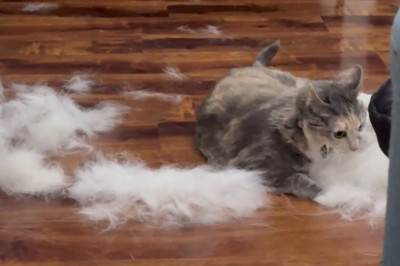
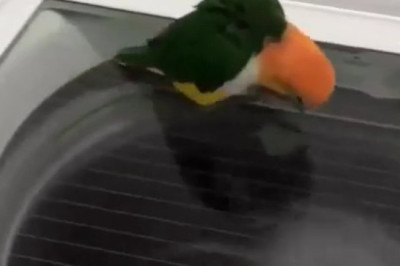



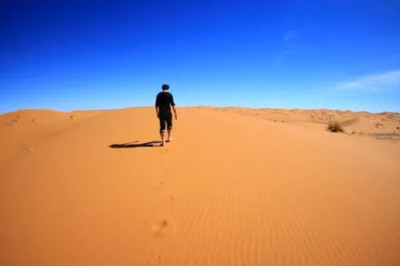
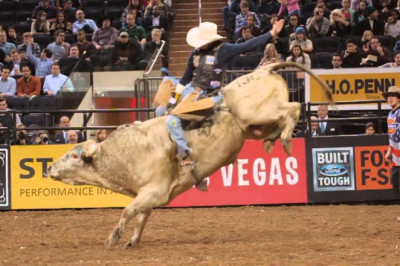


Comments
0 comment